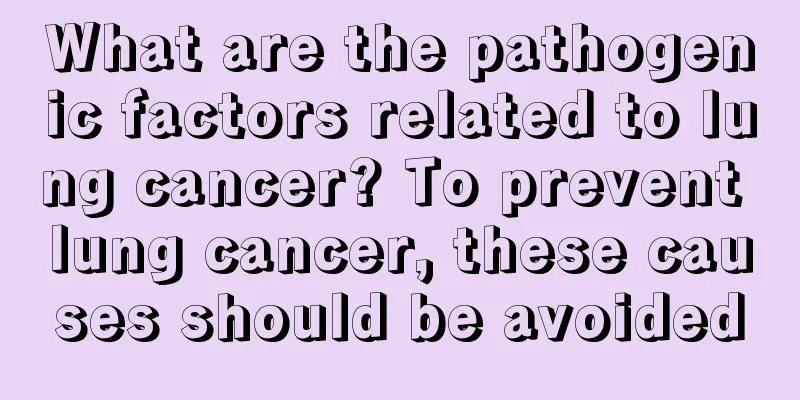High-risk HPV positive ≠ cervical cancer

|
Feifei is 28 years old. After getting pregnant unexpectedly, she went to a private hospital accompanied by her boyfriend for an artificial abortion. After the operation, she underwent cervical cancer screening at the doctor's "advice". The screening results made Feifei panic because the doctor told her that the test results showed that Feifei was positive for high-risk HPV (human papillomavirus), and high-risk HPV infection can lead to malignant lesions and eventually develop into invasive cervical cancer. This result was like a bolt from the blue for Feifei, and she did not hear clearly the treatment that the doctor recommended for her. After calming down, Feifei went to the local obstetrics and gynecology hospital for diagnosis and treatment accompanied by her boyfriend. The doctor told Feifei that HPV is actually a common gynecological infection virus and there is no need to panic. The objective explanation for HPV positivity should be: persistent infection, such as positive results after a one-year interval, may lead to cervical intraepithelial neoplasia (CIN), but clinically about 80% of women can recover naturally, and only a very small number of patients will further develop into cervical cancer, and this process usually takes 10 to 20 years. The doctor's words calmed Feifei down. Under the doctor's advice, Feifei decided to have regular cervical cancer screening. HPV screening is the most revolutionary change in the history of cervical cancer screening. What is worrying is that positive results bring unnecessary psychological panic to many infected people. At the same time, due to the high cost and the prevalence of infection in young women, the National Comprehensive Cancer Network (NCCN) of the United States has recommended in 2012 that HPV should not be tested in women under the age of 30. These women only need to undergo cytology examinations. |
<<: Can kidney-saving surgery completely cure kidney cancer?
>>: Colon cancer has a genetic susceptibility
Recommend
People should try to understand the causes of lymphoma
Lymphoma is a very harmful disease, and once it i...
What are the symptoms of pituitary tumor
Pituitary tumors are benign tumors that occur in ...
What is the use of coal tar
The composition of coal tar is actually quite com...
The "devil's moment" when people lose their lives
Scientific research shows that the occurrence and...
Why does my stomach hurt at night but not during the day?
Stomachache is a very common phenomenon, especial...
How to cure liver cancer and live longer? The most effective way to treat liver cancer
Liver cancer is a relatively serious disease. Amo...
Pharyngitis medication is ineffective
Pharyngitis is a very common disease, but if the ...
What are the side effects of salt water foot bath
Many people on the Internet are spreading the wor...
Is the nose related to sexual function?
Harmonious sex life is very important for a famil...
What harm does esophageal cancer do to people around you
Esophageal cancer has a high incidence rate in my...
My right eyelid has been twitching for a few days. What's the reason?
Right eyelid twitching is particularly annoying f...
Symptoms of cervical lymphadenoma
Lymph is one of the most common lymph nodes in th...
What does liver cancer fever indicate? Two methods effectively treat liver cancer
Liver cancer is a malignant tumor of the liver. T...
Is grapefruit good at reducing internal heat?
I often buy grapefruits when it is the peak seaso...
Is bronchiectasis serious?
The problem of bronchiectasis is indeed quite ser...









